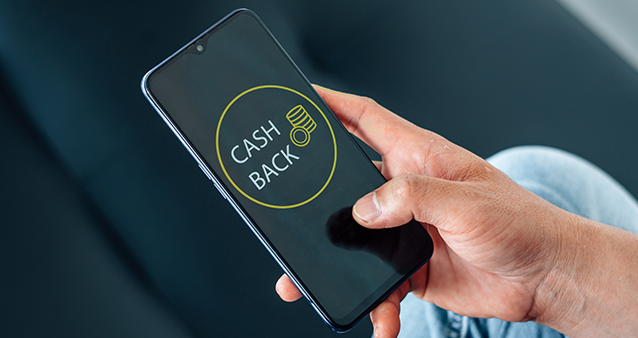The Truth Behind Cash-Back Bonuses

To paraphrase the old Dire Straits song, there's no such thing as money for nothin'... particularly when it comes to insurance and no-claim bonuses.
Historically, annual increases to your insurance premiums were determined by (among other things) how often you claimed. If you're a liability behind the wheel and are on first-name terms with your insurer's call centre agents, you're likely to face exponential increases in your premiums. And if you're a regular visitor to your nearest emergency room because of your clumsiness (or rather sheer bad luck) or your interest in high-risk activities this could also result in higher premiums on Life policies.
If you don't claim from your insurance, however, your reward is likely to be more stable premiums. Then came incentives — cash bonuses and discounts for not claiming — which seemed like free money. Trouble is, there's no such thing.
Read more: The Biggest Insurance Payouts Ever
What is a No-Claim Bonus'?
A no-claim bonus is a 'reward' for not claiming against the insurance policy you pay for every month, with the promise of a lump-sum payment as the incentive. Some insurers reduce the percentage increase on future monthly contributions or keep them the same as an alternative.
So, if you have an accident, you're left weighing up the expense of paying from your own pocket versus claiming the full amount from your insurer (and paying your excess), based on a future return of a percentage of your own money you've paid in, to cover just this kind of eventuality.
Sounds like it's my money anyway...
Every short-term insurer in South Africa must be registered with the Financial Sector Conduct Authority (FSCA) as an authorised financial services provider. As such, they must comply with the rules of the FSCA, and one of those rules is that insurers must disclose that no-claim bonusses come at an additional fee and may be added or removed from the main policy. In effect, this means that your insurer must add a premium to your premium to enable them to reserve that amount of your own money that they'll pay back to you if you don't make use of their services. So instead of just giving you lower premiums in the first place and letting you keep your own money in your own account, you're charged a premium for the chance to get your own money back. (And, inevitably, Ts & Cs apply...)
For example, we compared comprehensive Car Insurance with a popular brand for a Ford Fiesta (2013), to include the cash-back bonus increased the monthly premium amount by R136.35.
On top of that, consumers can also be hesitant to file claims in a bid to keep their cash-back bonus. So not only are you paying extra each month for a bonus, but you're also losing the opportunity to benefit from comparing regularly to find the best deal for your needs and budget. Cash-back bonuses require loyalty, and when it comes to insurance loyalty, it can cost you more than you bargained for.
Read more: The Cost of Staying a Little Too Loyal to an Insurer
There are other 'rewards' that insurers use like incentivising good driving with things like discounted fuel, which sounds appealing when the petrol price is skyrocketing. Except the drawback there is that it might mean sharing with your insurer where you're going and when, as well as how you're driving to get there. Just another reminder to always read the fine print.
Learn more: The Importance of Reading the Fine Print
Don't bank on a bonus pending your behaviour. Just get the best possible quote for the best possible cover that meets your needs, by checking out www.hippo.co.za to compare car, home, life, and business insurance as well as Medical Aid.
This article is for informational purposes only and should not be construed as financial, legal or medical advice.
Hippo Blog Categories

































